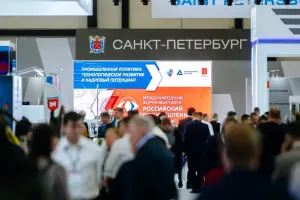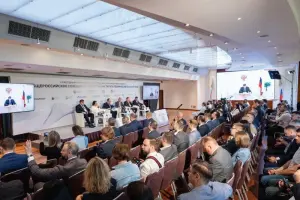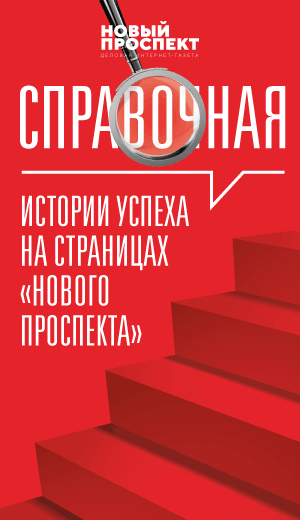Morality as New Oil

Text by Mikhail Shevchuk
Translation by Vladimir Kolosov
Photo: Alexander Kazakov / Kommersant
The dead lying (or decaying, depending on your optics) on the streets of the Kyiv suburb of Bucha, was a heartbreaking sight that not only provoked a renewed conversation about sanctions, but also became an occasion for the warring parties to argue with passion about moral superiority.
Does it really matter who exactly killed those people, since they would have died in any case because of the ongoing hostilities their only chance of survival would have been to not be there at all (even Maria Zakharova does not seem to get to the point that the inhabitants of Bucha would be killed anyway)? It happens because every conflict, especially an armed one, in the XXI century is initiated primarily for moral superiority and all other reasons are secondary, including territorial gains. Any massacre must necessarily be given a sanctifying meaning.
Not people, but morality is what we now call the «new oil». Any political subject possessing this resource converts it into freedom of action, while morality is efficiently obtained from dead civilians, no matter how cruel it may sound. You just need to make sure that your enemy obtains it for you, although even this is not necessary: the incident in Bucha showed (not for the first time) that anyone who is interested in it can successfully extract their own morality from the same dead people at the same time.
There has been no shortage of bloody footage since the very beginning of the special operation. In general, this has become the first truly media conflict of its kind. Before the era of social networks — for example, during the American invasion of Iraq, people learned about the events on the battlefields mainly from text reports. Pure text creates a certain framework for emotion. Moreover, TV pictures pass through ethical editorial processes that necessarily filter them, sometimes in a biased way.
However, this situation changed in Libya, from where interested TV viewers already saw the terrible massacre of Muammar Gaddafi. Scenes of executions and destruction during the war in Syria were widely distributed, and the same is now broadcast from Ukrainian cities continuously and without any censorship (indeed without any incomprehensible subtitles in Arabic).
Paradoxically, but the opponents of Western values often claimed them for licentiousness of the media — namely, grisly crime scenes and blood on TV. Therefore, discipline of public space was included in the set of primordial values to defend, among other things, through the special operation. At the same time, such grisly scenes now dominate Telegram channels that no NTV of the 2000s could dream of. However, no one seems to raise an objection, rather the opposite.
Everything is on display, nothing is hidden: online anyone can see the dogs eating the corpse of an unidentified soldier, or the butchers shooting down their enemies. The ruins, body craps, — everything is available 24 hours a day without any age restrictions, even for children. We have already learned how to scroll through such frames in the news feed — there are too many of them.
It is incredible how quickly the psyche develops a habit. Bloody chronicles have turned into something like a permanent horror show, where even the most sickening episodes do not cause disgust in the audience. Instead, people now give opinions about the direction blood is likely to be splattered from a shot wound to the head, or from what angle it is filmed. In these debates, people flaunt their composure like Bazarov dismembering a frog, or they play critics looking out for film bloopers.
It might not be easy to get rid of this habit in the future. The anti-militarist pathos based on military horror stories has already depreciated. Those horrors no longer produce such strong feelings, and no longer feel unacceptable. After all, the audience has witnessed them, and nothing terrible has happened.
There is a popular scene of social fiction: in some dystopian world of the future, cruel rulers arrange competitions or survival games to entertain (or distract) the public. The participants in the game must exterminate each other in various ways, then the scenes of the massacres are broadcast on large and small screens; they become popular and excite the fans of the show.
According to the producers, it is the rulers who are always the principally negative characters in such actions, but in fact, the crowd gathering at TV screens seems even more repulsive.






